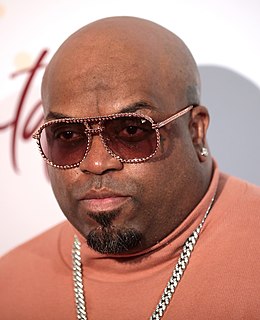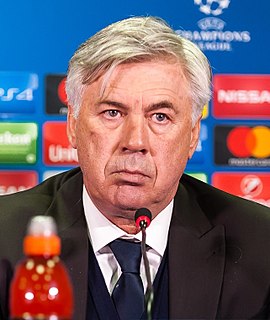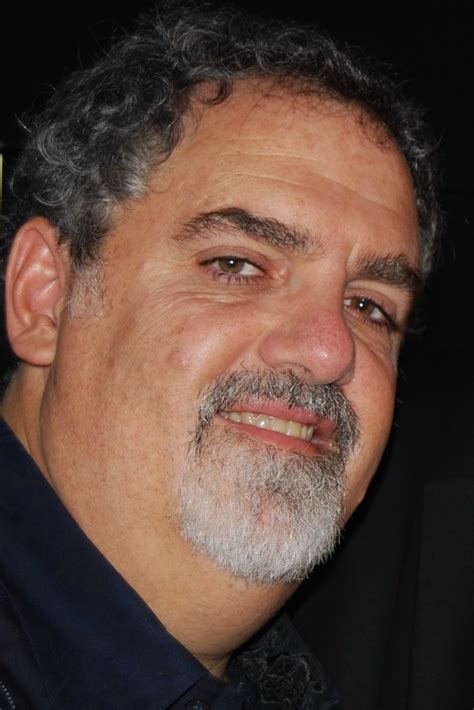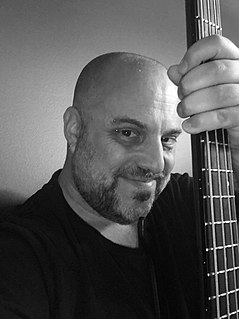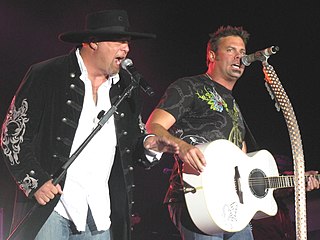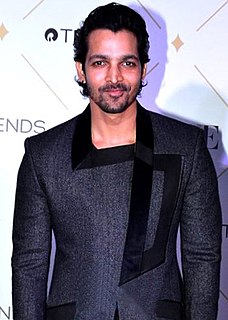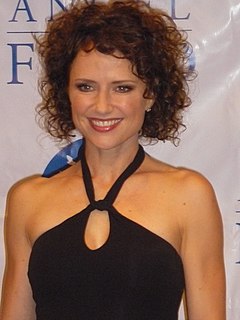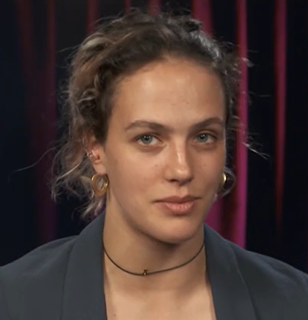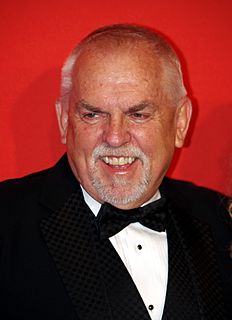A Quote by Jerry Hall
Then, in 2000, John Reid, Elton John's former manager, asked me to audition for the stage version of The Graduate he was producing. So I worked on it, got the part, and after three weeks' rehearsal I was on stage!
Related Quotes
An interesting difference between new and experienced stage managers is that the new stage manager thinks of running the show as the most difficult and most demanding part of the job, whereas the experienced stage manager thinks of it as the most relaxing part. Perhaps the reason is that experienced stage managers have built up work habits that make then so thoroughly prepared for the production phase that they [can] sit back during performances to watch that preparation pay off.
George Harrison: The day after the Blue Angel audition, John showed up to rehearsal with a long list of name suggestions, and I remember each and every one of them: the Deads-men, the Deadmen, the Undeads-men, the Undeadmen, the Rots, the Rotters, the Dirts, the Dirty Ones, the Grayboys, the Eaten Brains, the Eating Brains, the Mersey Beaters, the Mersey Beaten, the Bloodless, the Graves, the Headstones, and the Liverpools of Blood. Paul ripped off John's right arm and used it to slap John across the face, then he said, "Those're horrible, mate, just horrible, y'know.
Marylata [ Elton] introduced me to Hans Zimmer. Hans tapped me [to] work on songs for DreamWorks' animated features. I arranged Elton John's opening main title for The Road to El Dorado, I played guitars on Shrek for Harry Gregson-Williams and John Powell, I co-produced "I Can See Clearly Now" for Antz.
Everything in The Room, we did it the same way the big studios do it. The only difference is the budget and the actors. We put an ad in Back Stage West and in return we got almost 8,000 headshots from people who wanted to be in the film. We then do a process of selection and a rehearsal process after they are selected. The process of audition is very time consuming.
That was actually Lloyd Phillips who was a Kiwi film producer in L.A. And it was about Gorgeous George, not Haystacks Calhoun. I was in a couple of Lloyd's films and got approached to write the story. People don't realize it, but Gorgeous George had this flamboyant, camp stage persona that had a tremendous influence on other celebrities, like Elton John, Liberace, Elvis Presley, and Mohammed Ali, who all wanted to establish their own outlandish stage personas. The project died because Gorgeous George's wife refused to give up the rights.
I remember Emilio [Estevez] and I were at John's house during the rehearsal process. And John [Huges] had mentioned he wrote the first draft of Breakfast Club in a weekend. And we both at the same time went, "First draft? How many do you have?" And John said he's got four other drafts. And we go, "Can we read them?" And for the next three hours, Emilio and I read those other four drafts.
There were a few things that, in rehearsal, any one of us might try. [John] Hughes would go, "I like that," to me spitting up in the air and catching it in my mouth. It was just something I did in a rehearsal and Molly [ Ringwald] went, "Ewww." And John went, "Can you do that again?" And I went all day long, and he was like, "Okay, let's do that."

